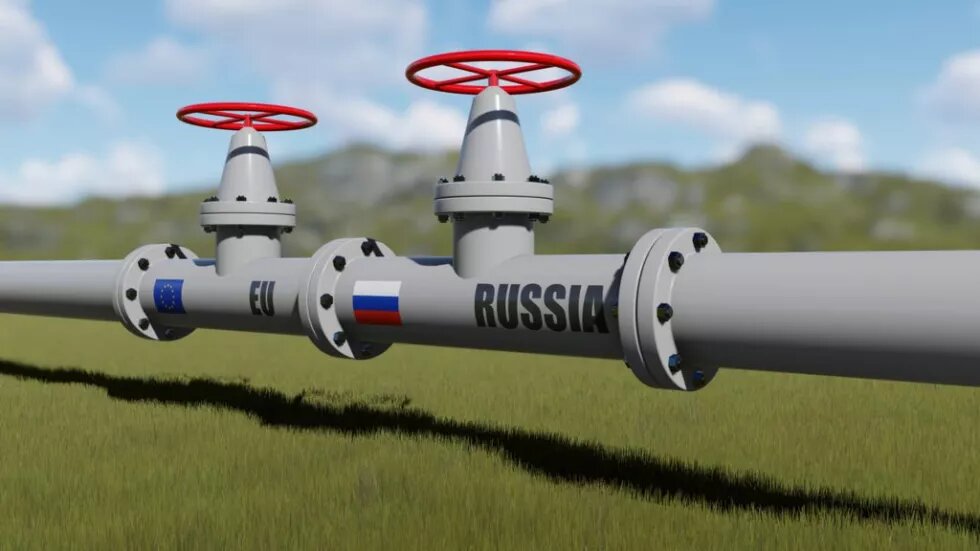Leaflet was originally developed and published within the project Sharethetruths.org, supported by Heinrich Boell Foundation.

1. The EU’s dependency on Russian energy imports remains the Continent’s largest tie to Moscow. The EU imports 90% of its gas consumption, with Russia providing 45% of the EU’s total natural gas import in 2021. Russia also accounts for 27% of oil imports and 46% of coal imports.
2. Since the beginning of Russia's full-scale invasion of Ukraine on February 24, EU has paid €20 bln to the Kremlin for fossil fuels in only one month, with almost 2/3 of this sum going to natural gas and 1/3 for oil products. Germany is the EU's top Russian energy importer, last year sending more than €40 bln to Moscow.
3. Energy accounted for nearly two-thirds of the European Union's imports from Russia in 2021. Thus, imposing sanctions on Russia that do not include energy supply or do not cut off the Russian Sberbank (where most energy-related transactions happen) from the SWIFT system may be ineffective in stopping the war in Ukraine.
4. The European Union is considering ways to diversify its energy supplies and become less dependent on Russia. The European Commission has revealed plans to cut gas imports from Russia by two-thirds this year. However, the discussion is still ongoing. The most recent proposal considers 2027 as the last year for Russian oil, gas and coal imports into the EU, which is too late to influence Russia to stop its war in Ukraine. The next Commission’s proposal is expected to be presented in May, which also demonstrates the insufficient pace of decision-making.
5. Some EU member states (Poland, Latvia, Lithuania, Estonia) are pressing for a much more severe energy sanctions up to the embargo starting from now. Discourse on the Russian energy ban and other sanctions is likely to depend on the current share of Russian energy sources in the particular country’s energy mix. Germany, Italy, Hungary, and Bulgaria – being among the most dependent– most strongly oppose a Russian fossil fuel embargo, arguing this will hit Europe's economy and push soaring energy prices even higher.
6. Technically, a significant decrease of Russian energy sources in EU’s energy mix is possible even this year through a combination of measures that would be consistent with the European Green Deal and support energy security and affordability. Among them are turning more to other suppliers (including LNG), drawing on other clean energy sources, improving energy efficiency, and managing fossil fuel demand.
7. While European leaders discuss whether the EU is ready enough for the more severe sanctions towards Russia and how they will influence EU’s population and business by potential energy price increases, 79 percent of Europeans voice support for the bloc’s more severe economic sanctions against Russia and show willingness to do more to support Ukraine even if their governments are reluctant to do so.